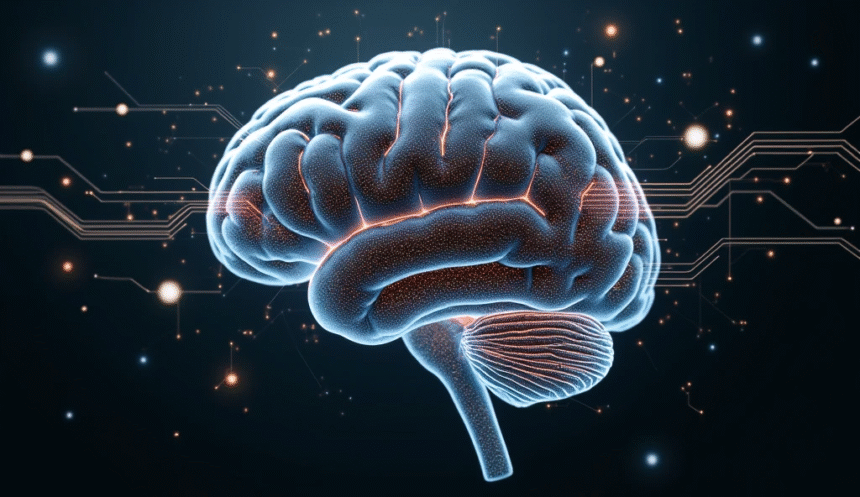China is rapidly emerging as a global force in neurotechnology, and its latest investments are turning science fiction into science fact. The country has begun pouring billions into brain-computer interface (BCI) development, with a key focus on helping paralyzed individuals regain control over movement and communication. The initiative is not only a tech milestone—but a game-changer for medical innovation and human potential.
China’s Brain Chip Revolution
China’s most ambitious BCI programs are now backed by state-sponsored research, private tech giants, and AI labs working to decode and transmit neural signals in real time. According to Chinese state media, the country’s first successful human trial using implantable brain chips was conducted in early 2025. The results?
- A paralyzed patient was able to control a robotic arm using only thought.
- Early models have allowed users to type on virtual keyboards and move cursors using brain signals.
- Long-term projects aim for direct communication between the brain and external devices like wheelchairs, exoskeletons, and mobile phones.

How It Works
Brain chips function by implanting microelectrodes into specific brain regions, typically the motor cortex, where they read electrical signals that represent intention or movement. These signals are then decoded by AI algorithms and sent to external devices—essentially giving paralyzed individuals control over machines with their thoughts.
This mirrors developments made by Neuralink in the U.S., but China is now closing the gap quickly.
Ethics & Global Implications
The rapid progress has raised ethical questions. How will data from brain chips be used or stored? Will patients have full agency over their implants? And what happens when this tech goes beyond medical needs and into cognitive enhancement?
China’s government has promised strict medical oversight, but critics stress the importance of international standards on privacy, consent, and long-term health impacts.
The Future of Neurotech
As China accelerates its BCI research, global competition in brain-computer innovation is heating up. From restoring mobility to potentially curing neurological diseases like ALS or spinal cord injury, brain chips could reshape the future of rehabilitation medicine.
Whether driven by humanitarian goals, tech supremacy, or both—China’s investments are giving new hope to millions worldwide.








